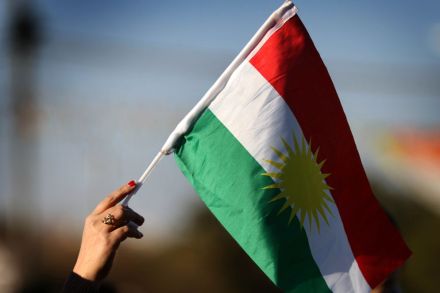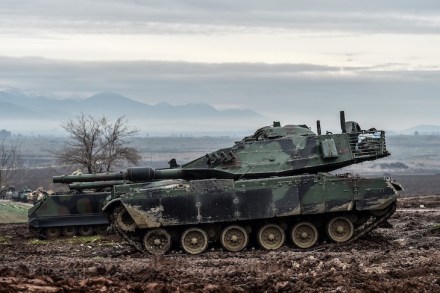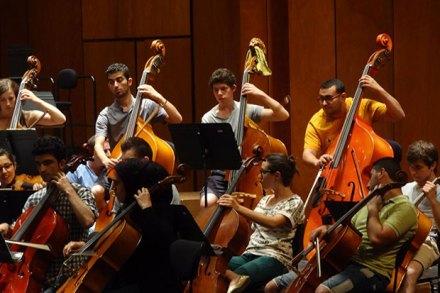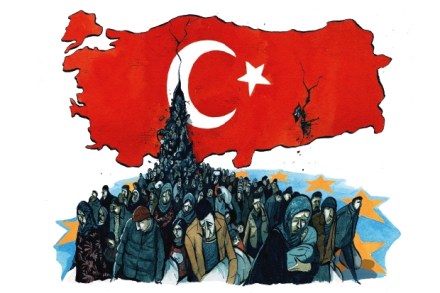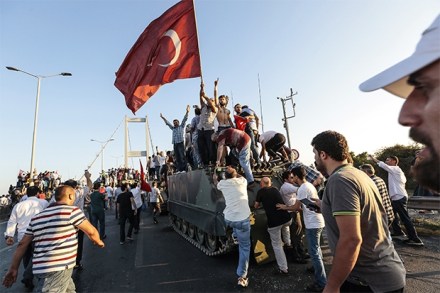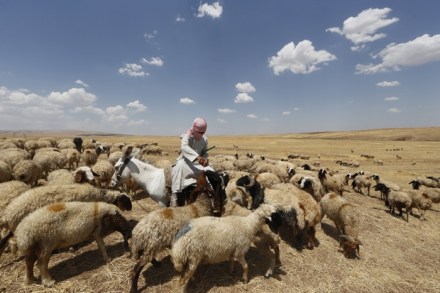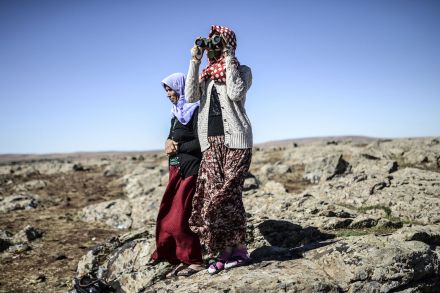The West has shamefully abandoned its Kurdish allies
Not for the first time, Kurds in Iraq and Syria are facing an uncertain future. In Syria, an estimated 150,000 people were displaced by fighting in the mostly Kurdish region of Afrin in the space of a few days this month. When the Turkish army, backed by Syrian rebel allies, rolled into the city of Afrin, Kurds fled in trucks and cars, their belongings piled high. For many it conjured up the memories of Kurdish suffering which some hoped was a thing of the past. In March of 1988 and 1991, Kurds fled Saddam Hussein’s brutal oppression, often seeking refuge in Turkey and Iran. The loss of Afrin marks a major
